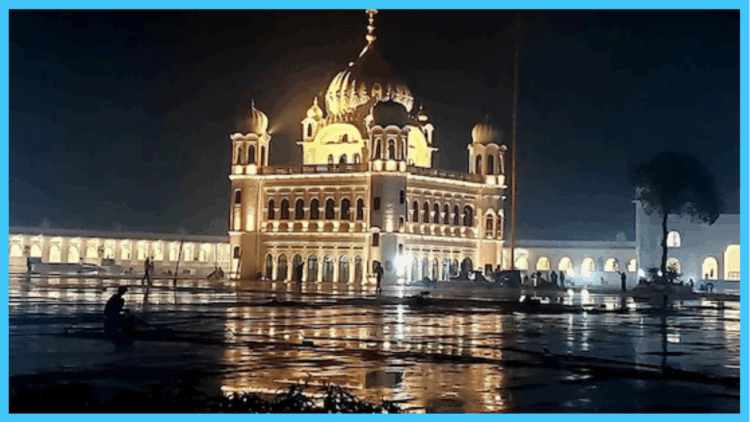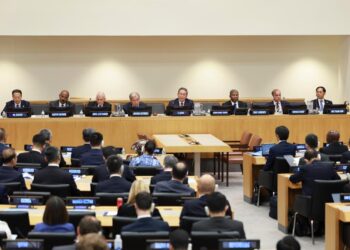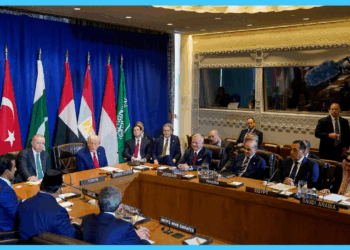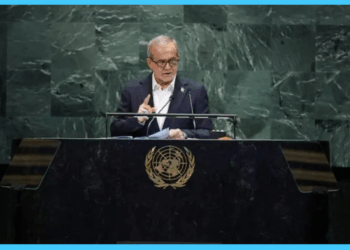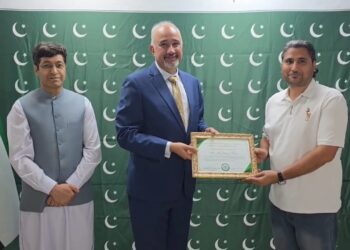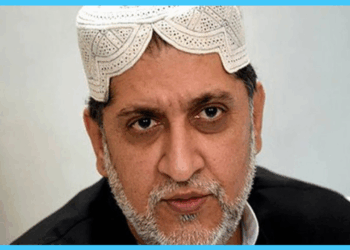KARTARPUR; The three-day ceremonies marking the 486th death anniversary of Baba Guru Nanak, the founder of the Sikh faith, began today at Gurdwara Darbar Sahib in Kartarpur. Pilgrims from across Pakistan and other countries have converged on the sacred site, which holds deep spiritual significance as the place where Guru Nanak spent the last 18 years of his life and where he is laid to rest.
Thousands of Sikh devotees are expected to take part in the rituals and prayers at the shrine. However, this year’s commemorations are overshadowed by India’s decision to bar its Sikh citizens from traveling to Pakistan. The Indian Ministry of Home Affairs cited heightened tensions and security concerns between New Delhi and Islamabad as the reason for denying travel permission.
The move has sparked anger in Indian Punjab, where opposition parties and Sikh religious leaders condemned the restriction as unjustifiable, especially at a time when sporting events such as cricket matches with Pakistan are continuing. Former Lok Sabha member Sukhbir Singh Badal urged Indian Home Minister Amit Shah to reconsider the decision, calling it a blow to religious freedom.
Under the 1974 Pakistan-India Protocol on Visits to Religious Shrines, thousands of Sikh pilgrims visit Pakistan every year to observe Baisakhi and other religious events. This arrangement was designed to promote religious harmony and cross-border ties.
The travel ban also comes amid strained bilateral relations following the April 22 gun attack in Indian Illegally Occupied Jammu and Kashmir (IIOJK), where 26 tourists, including one Nepali national, were killed in Pahalgam’s Baisaran Valley. India accused Pakistan of orchestrating the assault — charges that Islamabad firmly rejected.
In the aftermath, India launched “Operation Sindoor” against Pakistan, but faced a strong retaliatory response. Pakistan’s armed forces not only shot down Indian drones and destroyed border posts but also downed several fighter jets, including Rafale aircraft.
The hostilities eventually de-escalated after U.S. President Donald Trump mediated a ceasefire, temporarily easing tensions between the two nuclear-armed neighbors.








